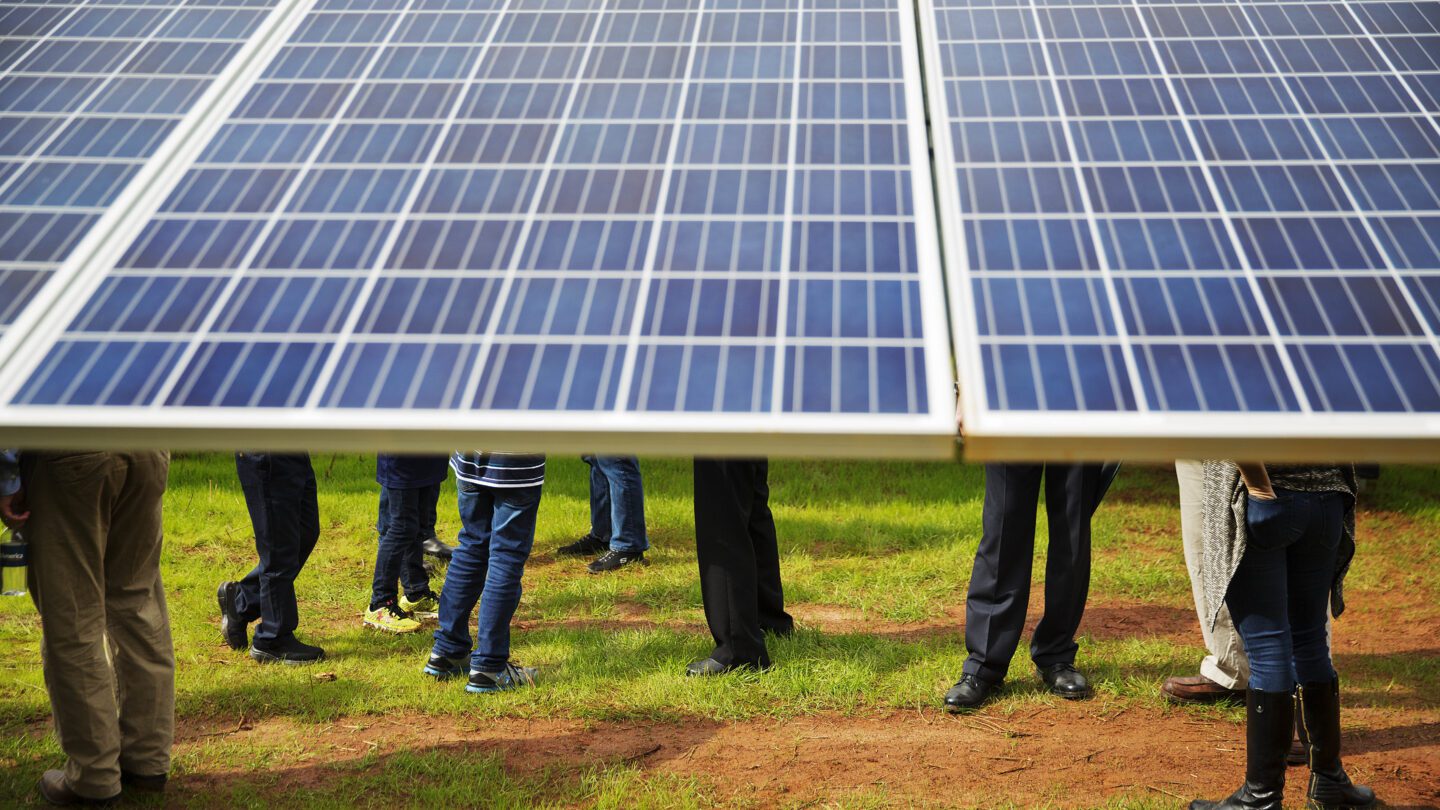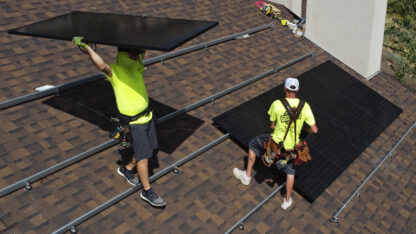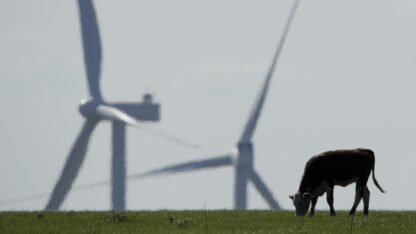From the future Rivian electric vehicle plant east of Atlanta, to massive venues like State Farm Arena prioritizing a zero-waste culture, Georgia’s becoming a hub for clean energy and sustainability.
But a mission of Atlanta-based non-profit Southface Institute is working to make sure that all communities can have a part in sustainable living, and reap its benefits. Monday was Southface president James Marlow’s first day on the job. Marlow told WABE one of his focus areas will be housing — specifically, with the guide of Georgia Tech research, studying how low-income neighborhoods are in what he calls “energy poverty.\”
“There are certain zip codes that are particularly hard-hit, where people are paying a very high portion of their discretionary monthly income on heating and cooling their homes,” Marlow said.
“I think we need to work closely with our utilities to do a better job in those areas. And to help this particular community to reduce that energy burden.”
Georgia Tech cites that among some of the U.S.’s largest cities, Atlanta ranked fourth highest in median energy burden levels. The 2018 study found that energy burden is particularly acute among low-income, Black and renter households, and is concentrated within six city zip codes.










